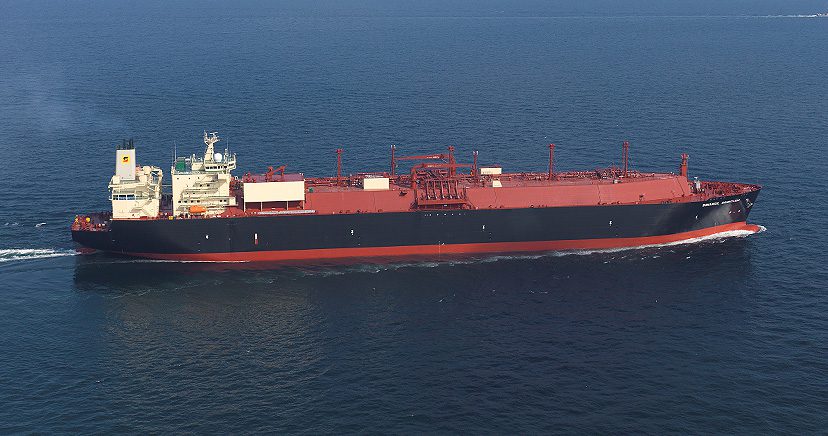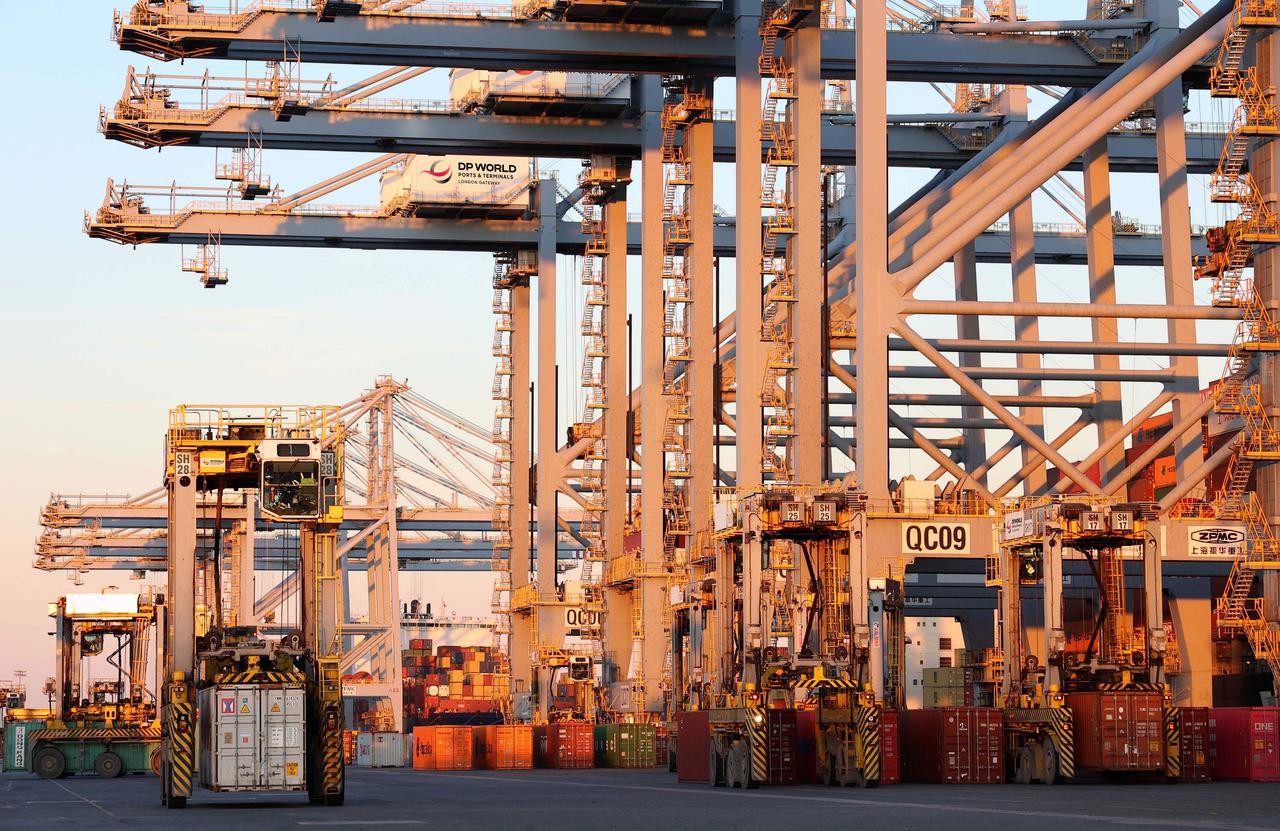Sonangol Sambizanga, image: DSME
(Bloomberg) — Brazil’s purchase of the first cargo of liquefied natural gas exported from Angola may signal weaker- than-expected demand for shipping as voyages shorten, according to SEB Enskilda.
Petroleo Brasileiro SA, the state energy company known as Petrobras, said it bought the first cargo of Angolan LNG last month as the African country’s $10 billion export terminal opened after an 18-month delay. The carrier Sonangol Sambizanga is scheduled to unload near Rio de Janeiro on July 14, according to ship-tracking data compiled by Bloomberg.
The shipment shows how the market has changed since the terminal was planned with exports to the U.S. in mind, said SEB Enskilda analyst Tian Tollefsen in Oslo. While Angola will sell cargoes individually and the destination of the others is unknown, rising South American demand is drawing more deliveries from the largest importers in Asia, curbing shipping distances.
“It would be better for the shipping market if it went to the Far East,” Tollefsen said by phone today. “It’s positive that it’s up and running, at least, but slightly negative that it’s going to South America.”
Spot rates to ship the frozen fuel slumped 26 percent to $92,000 a day this year and touched a two-year low of $86,000 in June, according to data from Fearnley LNG, a shipbroker in Oslo. Seven vessels dedicated to the Angola project added competition for cargoes while the plant was delayed.
Japanese Imports
Petrobras said June 11 it will import as many as 60 LNG cargoes this year, up from 56 in 2012. Shipments into Japan, the world’s biggest buyer, fell 9.8 percent from a year earlier to 6.21 million metric tons in May, government data show. The fuel cost $12.80 per million British thermal units in Brazil in June, compared with $14.71 in northeast Asia, according to Argus Media Ltd., a publisher of energy prices.
Production at the Angolan plant, with an annual capacity of 5.2 million tons, was postponed because of fires, pipeline collapses and a lack of skilled workers, three people with knowledge of the situation said in May. The facility planned one or two cargoes in June and July before performing checks on its systems and resuming output in the fourth quarter, they said.
Chevron Corp. is the project’s largest stakeholder with a 36.4 percent share, followed by state-owned Sonangol EP with 22.8 percent and Total SA, BP Plc and Eni SpA with 13.6 percent each, according to Angola LNG’s website.
– Isaac Arnsdorf, Copyright 2013 Bloomberg.

 Join The Club
Join The Club











